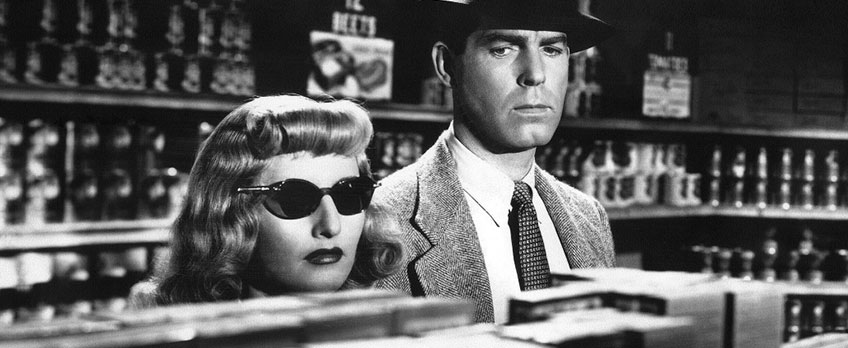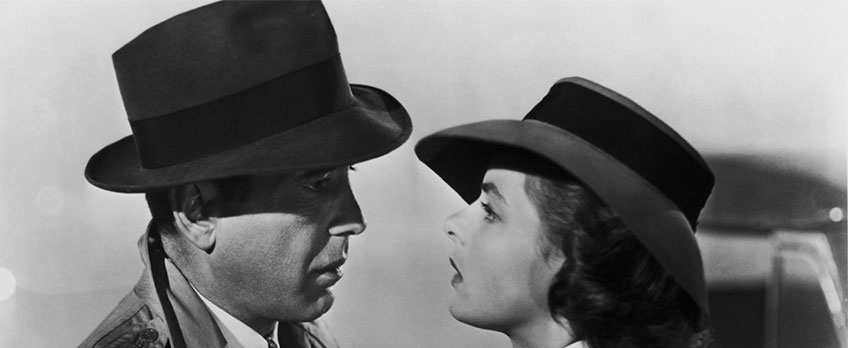Wendall Thomas Answers Five Questions

Celebrated LA-based developer, writer and lecturer Wendall Thomas (who has written and developed projects for Disney, Paramount, Universal, Showtime and NBC) returns to Melbourne for more of her series unlocking the secrets of screen writing. Her four stand-alone all-day seminars are on sale now!
Ahead of her arrival, we asked her a few questions and got her tips for what to do if you find yourself staring at a blank page for far too long!
Q1. This is now the 8th year you’ve presented your Wendall Thomas Talks Scripts series at the Melbourne International Film Festival. Tell us a bit about your connection to the Melbourne’s film industry, both personally and professionally.
WT: Since I’m working most of the time I’m in Melbourne, I always leave feeling there are a million things about the city I’ve yet to discover. I try to find at least one new thing every year and in 2017 I finally got to the Melbourne Museum, which I loved. Of course, the MIFF and 37degreesSouth staff have become practically family over the years, and I’ve been lucky enough to have a few regulars for my sessions as well, so seeing all those folks again is the most consistent draw for me.
Q2. In your workshop on character this year you’re focusing on character pairings and what makes for good screen chemistry. Do iconic screen couples start with great individual characters? Or do they start with the relationship between them?
I don’t believe you can have a great on-screen relationship unless both characters are strong enough and distinctive enough to stand on their own. It helps if they both have strong (and often opposing) opinions or beliefs, that neither is a pushover. They both need spine to create spark on the page. Imagine how much less memorable Casablanca would be if either Rick or Elsa were one-dimensional or not driven by strong desires and perspectives. So I think you always have to start with strong, memorable individuals and once you have them, then you can make conscious adjustments to create the maximum tension and chemistry when they’re together.

Q3. You’re also discussing the voice over in one of your sessions this year, when it works and when it doesn’t. How do you think voice-overs help audiences connect with a film?
Voice overs, of course, create a bond between the character who’s speaking and the audience – they are speaking to us. It gives us insight into not only their behavior, but their thoughts. However, I think voice over has just as much impact on creating and maintaining the tone of a film as it does in connecting us to character. Great examples of this are films like Sunset Boulevard, The Apartment, Trainspotting, Bad Santa, The Grand Budapest Hotel, The Shape of Water, Adaptation, Michael Clayton, etc. The voice over offers an additional layer of meaning and style in all these films which makes them particularly distinctive and original.
Q4. Genre film seems to be having a bit of a moment right now, not only with the continued dominance of superhero movies, but also with films that subvert genre conventions like Get Out does with horror films or The Shape of Water with monster movies. Is this reflected in the kinds of scripts you see coming through from younger screenwriters?
Genre films are finally getting their due both in the marketplace and in the awards arena, which I think is terrific. To be honest, I wish more of my students were writing them. Most of the scripts I’m seeing from screenwriters in their twenties--in the US at least--are dramas about their own experiences rather than straight or hybrid genre films. It may be a question of perspective and distance. Sometimes it takes years of practice to do something that, on the surface, looks simple.
Q5. If you could only offer a single piece of advice to aspiring screenwriters what would it be?
Do the work. It’s the only part of the process you can control. Perfect your craft and keep working on a script until it’s firing on all cylinders, not just one or two.